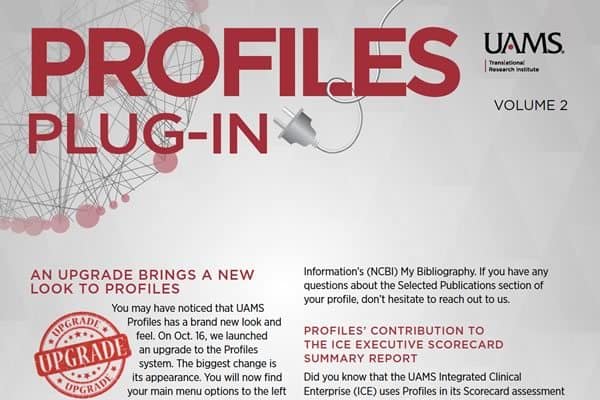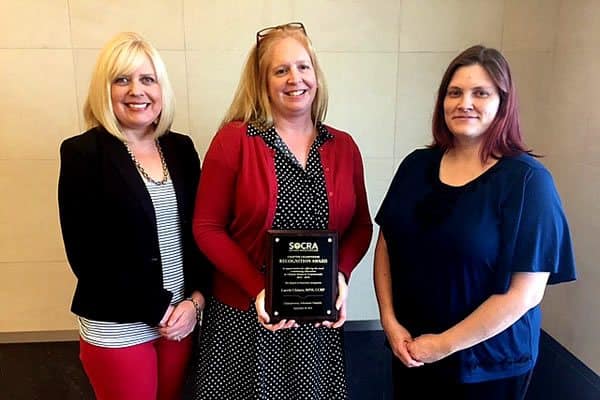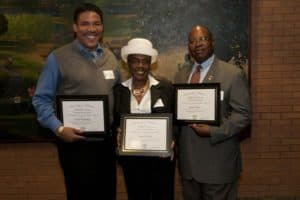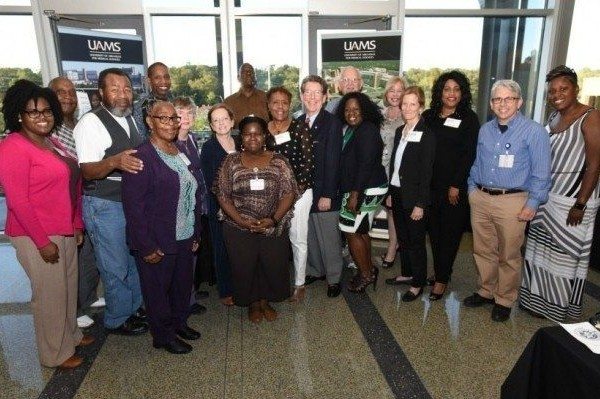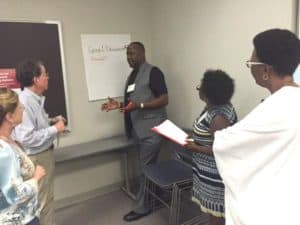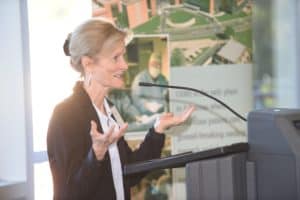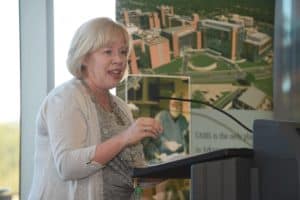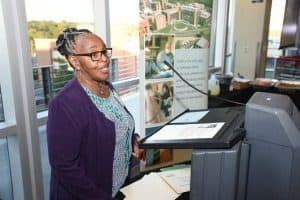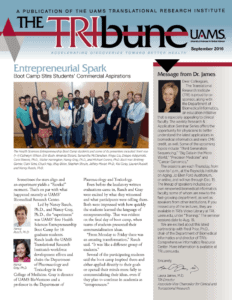
On Sept. 16, 2016, the National Institutes of Health (NIH) released its Policy on Good Clinical Practice (GCP) Training for NIH Awardees Involved in NIH-Funded Clinical Trials. This policy applies to NIH-funded investigators and site staff who are responsible for the conduct, management and oversight of NIH-funded clinical trials.
An NIH Clinical Trial is defined as research studies in which one or more human subjects are prospectively assigned to one or more interventions to evaluate the effects of those interventions on health-related biomedical or behavioral outcomes. An intervention is defined as a manipulation of the subject or subject’s environment for the purpose of modifying one or more health-related biomedical or behavioral processes and/or endpoints.
Faculty who participate in industry-sponsored trials have already completed this training through industry-led GCP training conducted at site initiative visits. This information should be documented in study binders maintained by study staff.
The Policy on GCP Training is effective Jan. 1, 2017.
If you are currently conducting an NIH-funded clinical trial, you will need to complete your training prior to the first of the year. There are two ways to do this:
- Complete GCP training using the CITI program.
- Send record/certificate of current GCP training (i.e., from industry-sponsored trial participation) to Catrice Banks-Johnson.
NOTE: GCP training expires after 3 years.
If you have ambitions of conducting an NIH-funded clinical trial, you are highly encouraged to complete the training now!
If you are a researcher and have determined this does not apply to you, you are highly encouraged to complete the training now! GCP training is likely to be mandated within the next 6-12 months, as many institutions, journals and other funding sources are trending toward this requirement.
If you have any questions, please contact one of the following institutional offices:
Amy Jo Jenkins
Translational Research Institute
686-5939
AJJenkins@uams.edu
Jennifer Holland
IRB
526-7559
JRHolland@uams.edu
Darri Scalzo
Office of Research Compliance
686-8062
DLScalzo@uams.edu
Larry Cornett, PhD
Office of the Vice Chancellor for Research
686-5347
CornettLawrenceE@uams.edu

